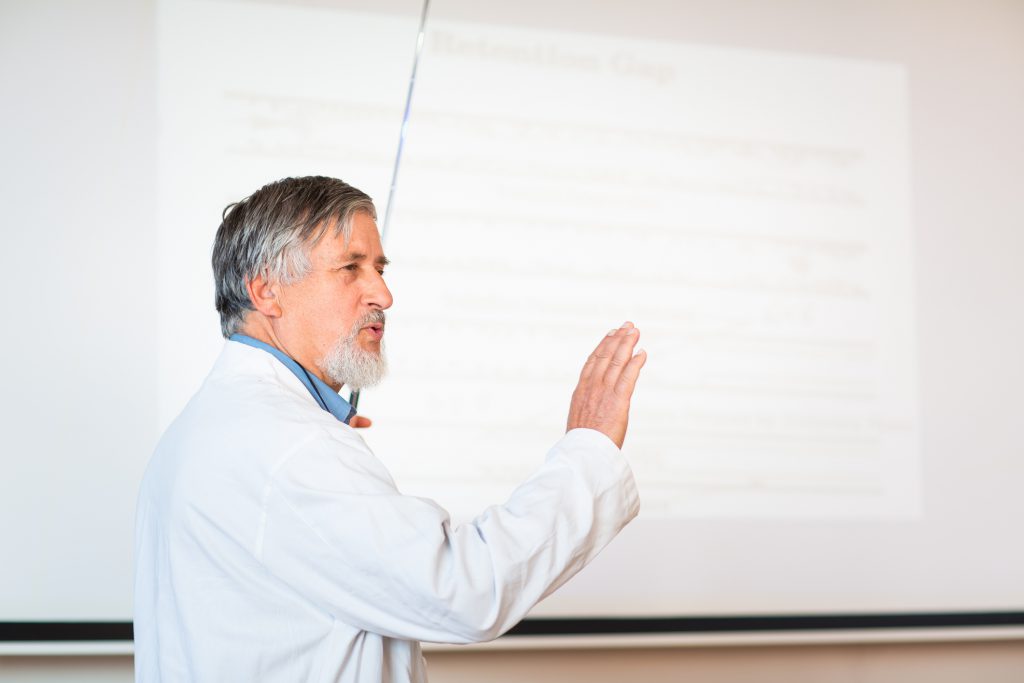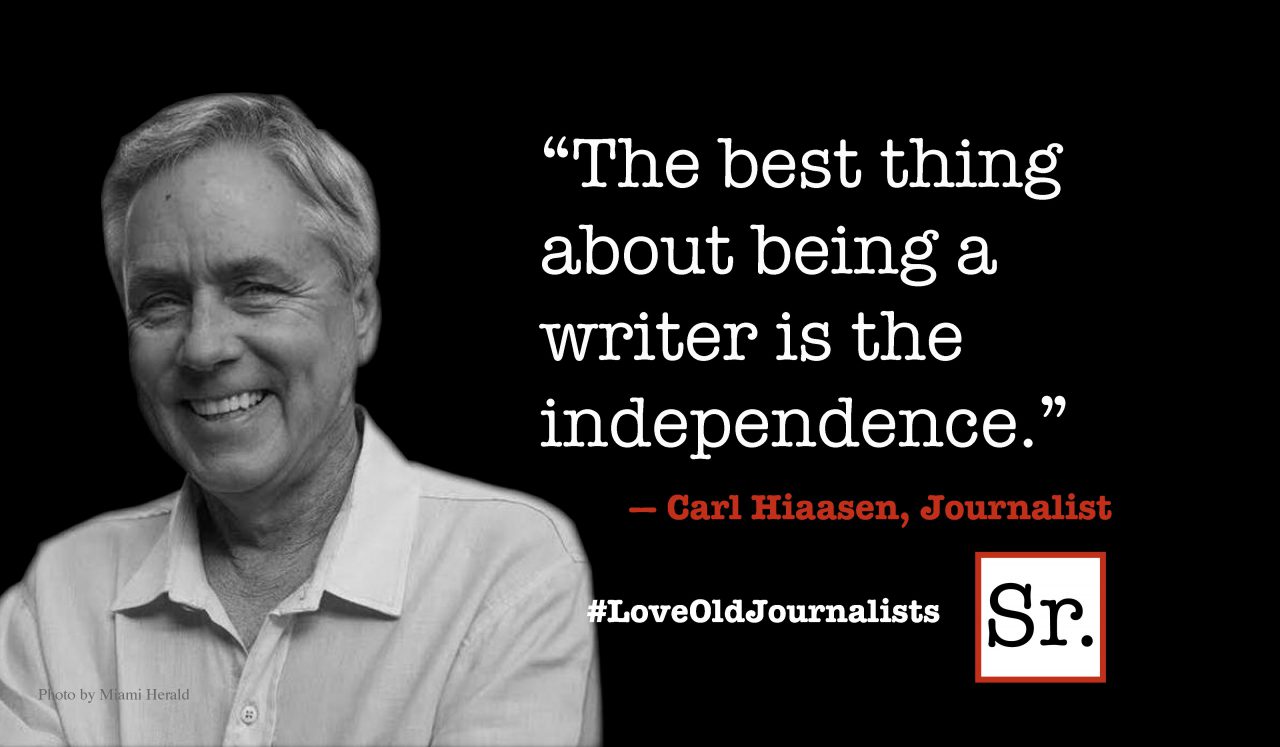Americans spend endless hours planning how much money they expect to receive at age 65 and beyond. Yet, we spend comparatively few hours planning how we will spend our time.
The options here are nearly unlimited – elect not to retire, work a shorter work week, become an independent consultant, start or buy a business, learn a new trade better suited to one in their 60s and 70s, or just leave the workplace and become an active volunteer or hobbyist. Whatever the decision, each option requires a plan that can be put to work the day that retirement starts. Even so, the preparation can start years in advance.
Pamela George of Durham, N.C., did her homework. Professionally, George was a tenured professor of psychology for most of her professional career at North Carolina Central University, and as a sideline she had been painting ever since she was five. "One of my goals was to avoid the mistake that my mother had made who retired without a plan," she says.
George wanted to phase out of college teaching and related research, and instead become a full-time artist, not as a hobbyist but as a paid painter. It was not a quixotic dream but rather one based on the fact that she had been selling her paintings for a number of years. This said, she did a thorough analysis of what it would take to make the transition from academia to the art studio – what it costs to have a full-time studio, an estimate on the anticipated income and expenses, and other factors needed to operate a business.
Fortunately, George was able to make the transition in easy stages by switching from a full-time teaching schedule to a part-time one. The three-year phased retirement plan permitted her to paint three full days a week and at the same time teach 20 hours a week. Following her three-year test period, George started her new life as a full-time artist and as a part-time educational consultant.
Like George, Robert Stevens, also of Durham, has been carefully orchestrating his current and future career. Stevens, mid-50s, is a corporate marketer in the health care field. While in his mid-40s, he severed his corporate ties, and opted to be an independent marketing consultant.
But Stevens had a dream. It was to teach marketing at the college level, and over the past five years, he has taught health care marketing courses to both undergraduate and graduate students at several of the area's universities, and coauthored Strategic Marketing for Health Care Organizations (Jossey-Bass/2008). By the time, Stevens reaches age 60, the last of his three children will have completed college, and he expects to have the experience to switch into a full-time academic career.
Stevens offers this dose of realism to men and women his age. "Other than financial planning, most of my contemporaries, as far as I know, have not thought seriously about how they'll keep busy once they retire."









